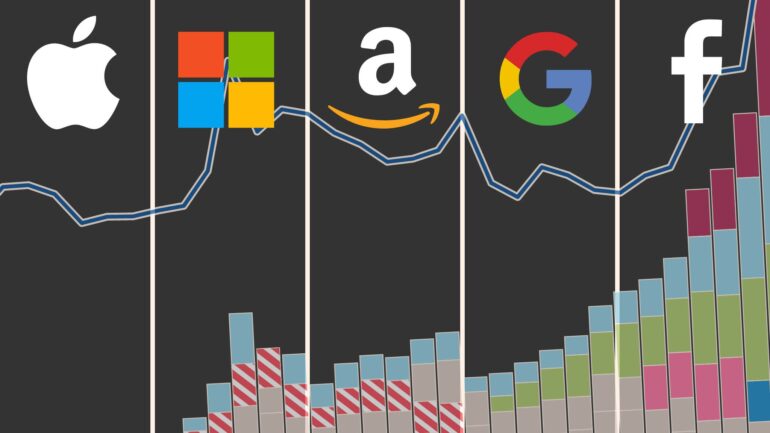TL;DR:
- Microsoft and Alphabet expect substantial AI-related profits in the future but are currently making significant investments in the technology.
- Microsoft’s costs surged due to new data center construction and purchasing chips from Nvidia to power their AI initiatives.
- The company’s forthcoming Copilot AI assistant is expected to drive revenue in the second half of fiscal 2024.
- Alphabet managed to control AI costs initially, but data center construction delays impacted second-quarter capex.
- Google’s custom-designed chip, the Tensor Processor Unit (TPU), gives them a cost advantage over Microsoft.
- Both companies acknowledge the importance of AI investments, but investors want more from Microsoft.
Main AI News:
The future of artificial intelligence holds great promise for industry giants like Microsoft and Alphabet, but the path to reaping substantial gains is paved with deeper investments, according to statements made by the companies on Tuesday.
For Microsoft, the costs have surged as the company embarked on building new data centers to bolster its AI capabilities. The continuous rise in capital expenditures is driven by their procurement of cutting-edge chips from the likes of Nvidia Corp to power these data centers. This investment has had an impact on the company’s shares, causing a decline of more than 4% in premarket trading on Wednesday, while Alphabet enjoyed an upswing of nearly 7%.
Microsoft is bearing the costs of AI development through two primary avenues. First, they are investing in AI to enhance their own products, such as the forthcoming Copilot AI assistant, which is expected to generate significant revenue starting in the second half of fiscal 2024. Second, Microsoft is catering to businesses looking to leverage its Azure cloud computing services to create AI-driven products.
Ben Bajarin, the CEO and principal analyst of Creative Strategies, highlighted Microsoft’s adoption of Nvidia’s flagship chips, known as H100s, for AI-related tasks. This strategic move positions Microsoft alongside Amazon as the dominant player in the cloud computing market, where AI training is of paramount importance.
On the other hand, Alphabet has managed to keep its AI costs relatively controlled. Although not without challenges, Ruth Porat, Alphabet’s Chief Financial Officer, revealed that delays in data center construction contributed to lower second-quarter capital expenditures. Scott Kessler, the global sector lead for technology media and telecommunications at Third Bridge, noted that while Google has invested significantly in AI over the past decade, the true value of those investments isn’t always fully appreciated by users and investors.
Google has a competitive edge in the AI space due to its custom-designed chip, the Tensor Processor Unit (TPU), which helps reduce costs. In contrast, Microsoft lacks a proprietary alternative and is aggressively purchasing Nvidia chips to fill the void.
Despite Google’s advantage, the company acknowledges that it will continue to purchase chips from other companies while utilizing its own TPUs. This spending spree could potentially dampen profit and growth, as highlighted by CFO Ruth Porat.
Conclusion:
The race for AI dominance is driving substantial investments by tech giants Microsoft and Alphabet. While they expect significant profits in the future, the current focus is on developing AI capabilities and data infrastructure. Google’s custom chip provides a cost advantage, but Microsoft is actively pursuing Nvidia’s chips. Investors are closely monitoring these developments as the market eagerly anticipates the potential impact of AI on the tech industry.

